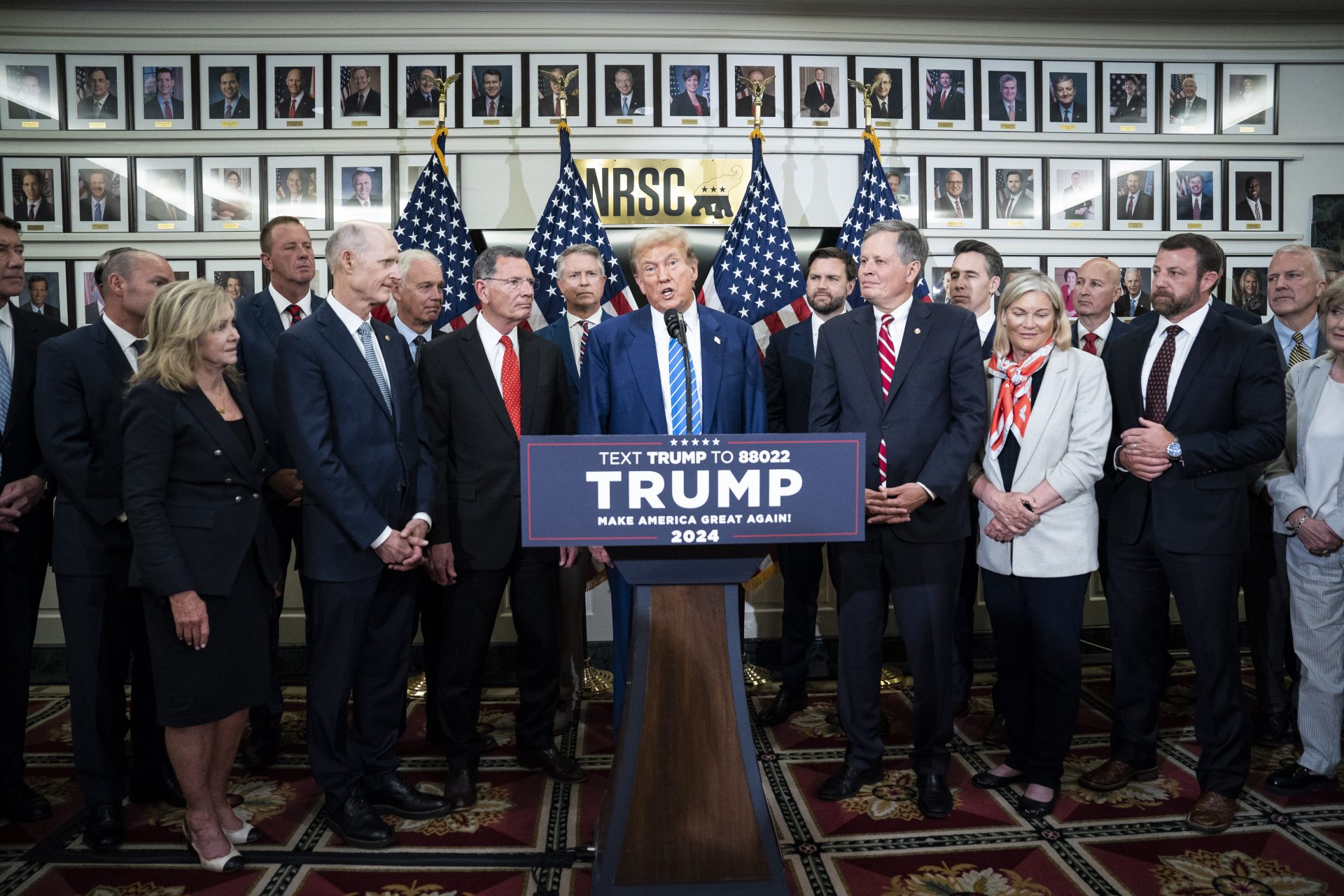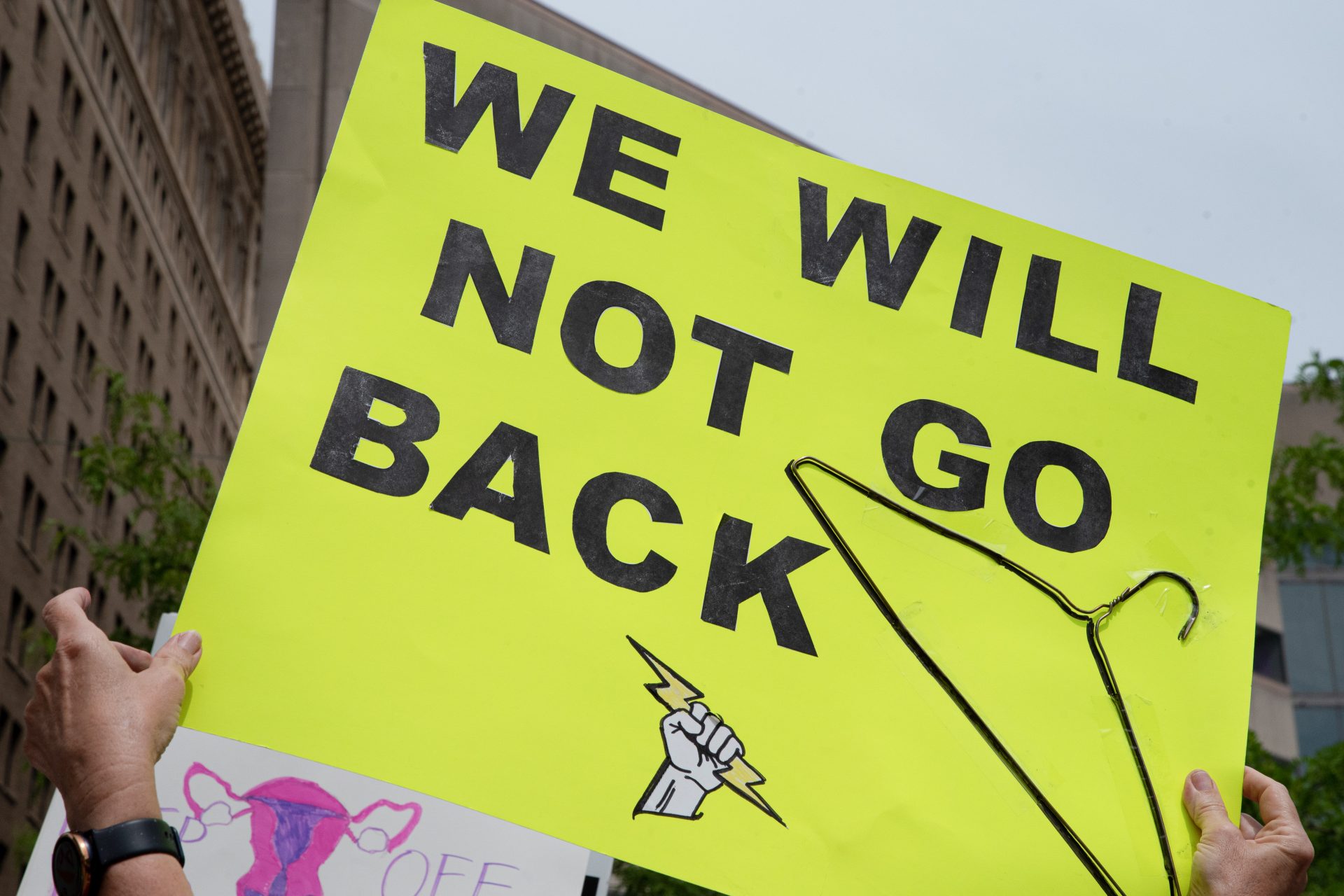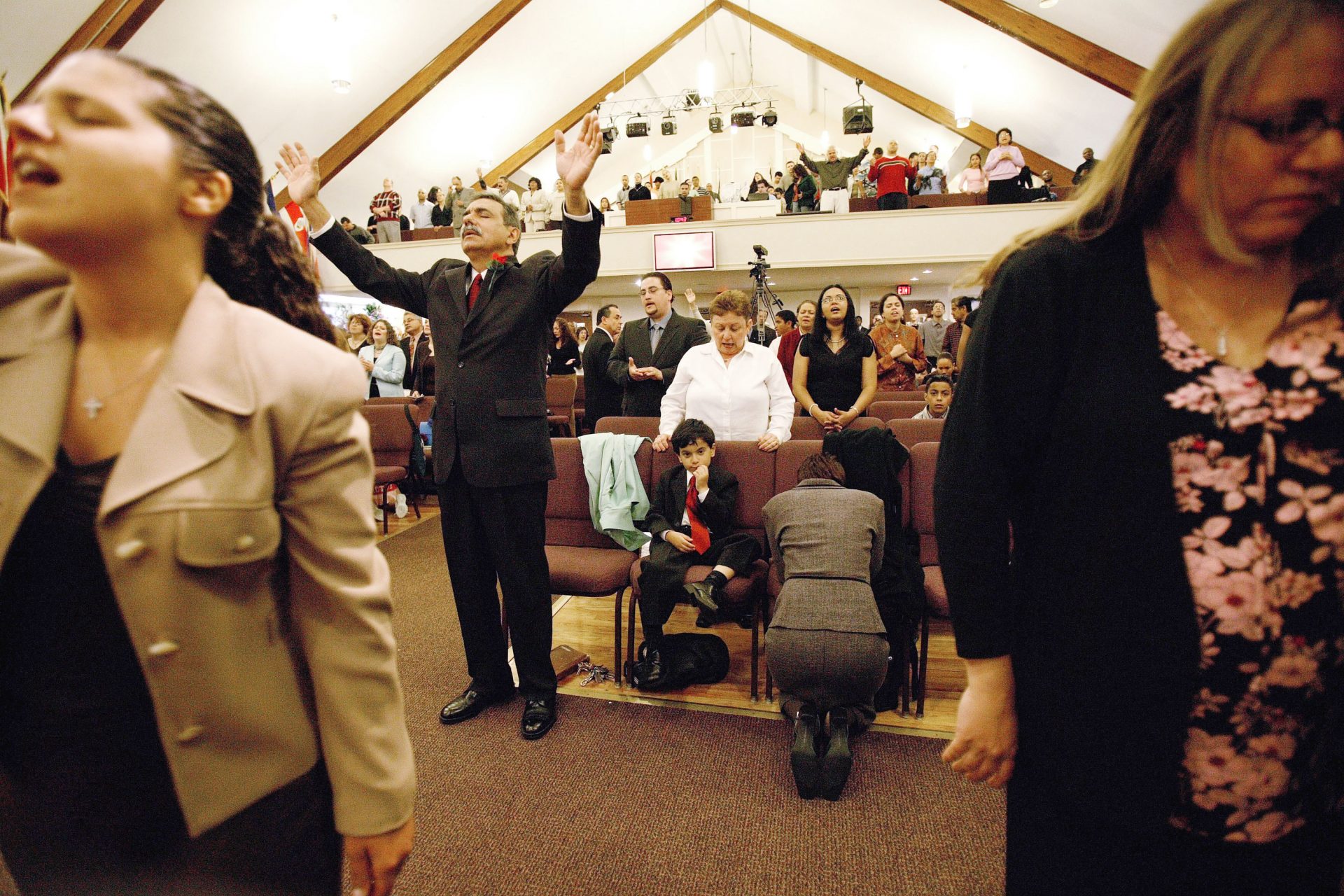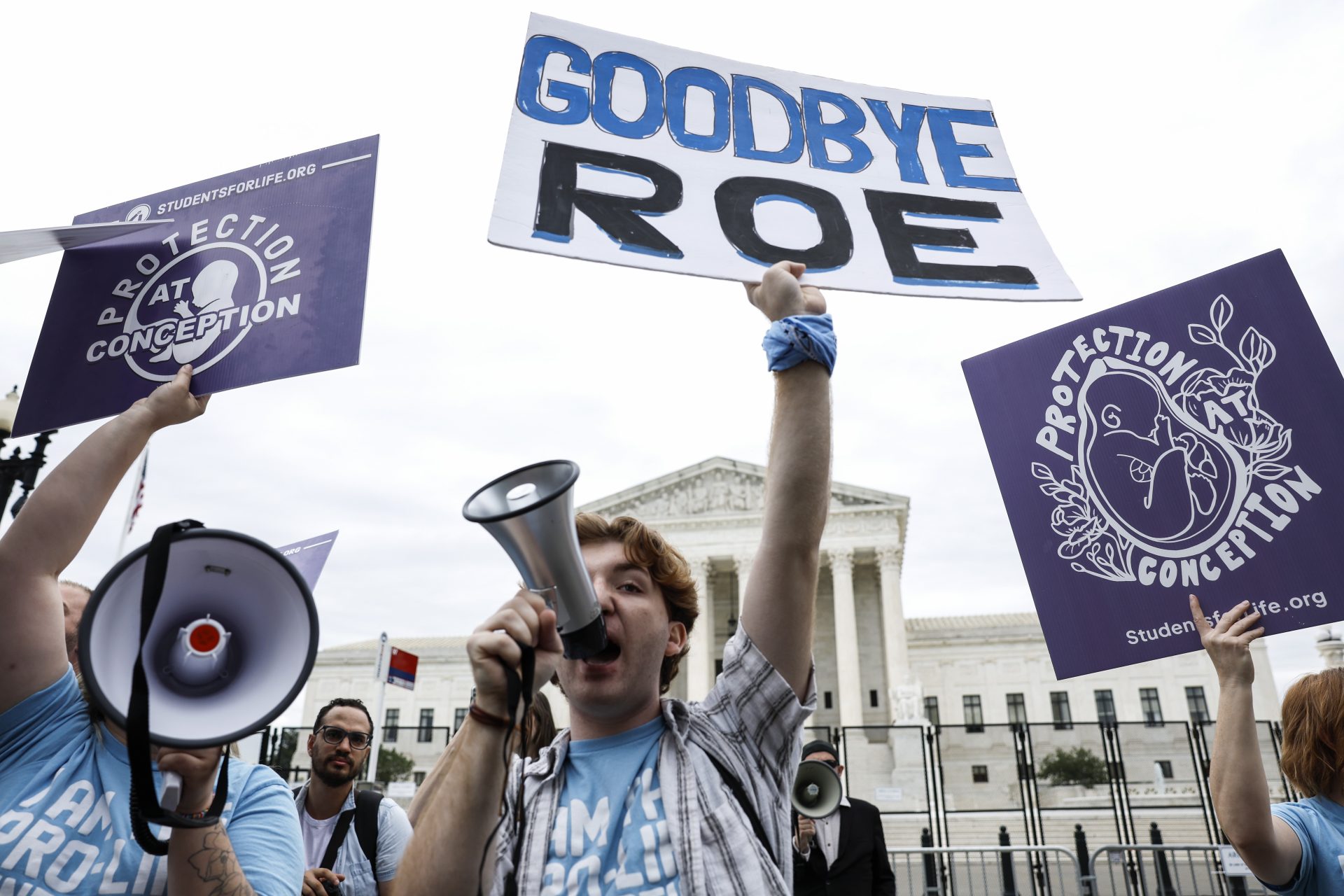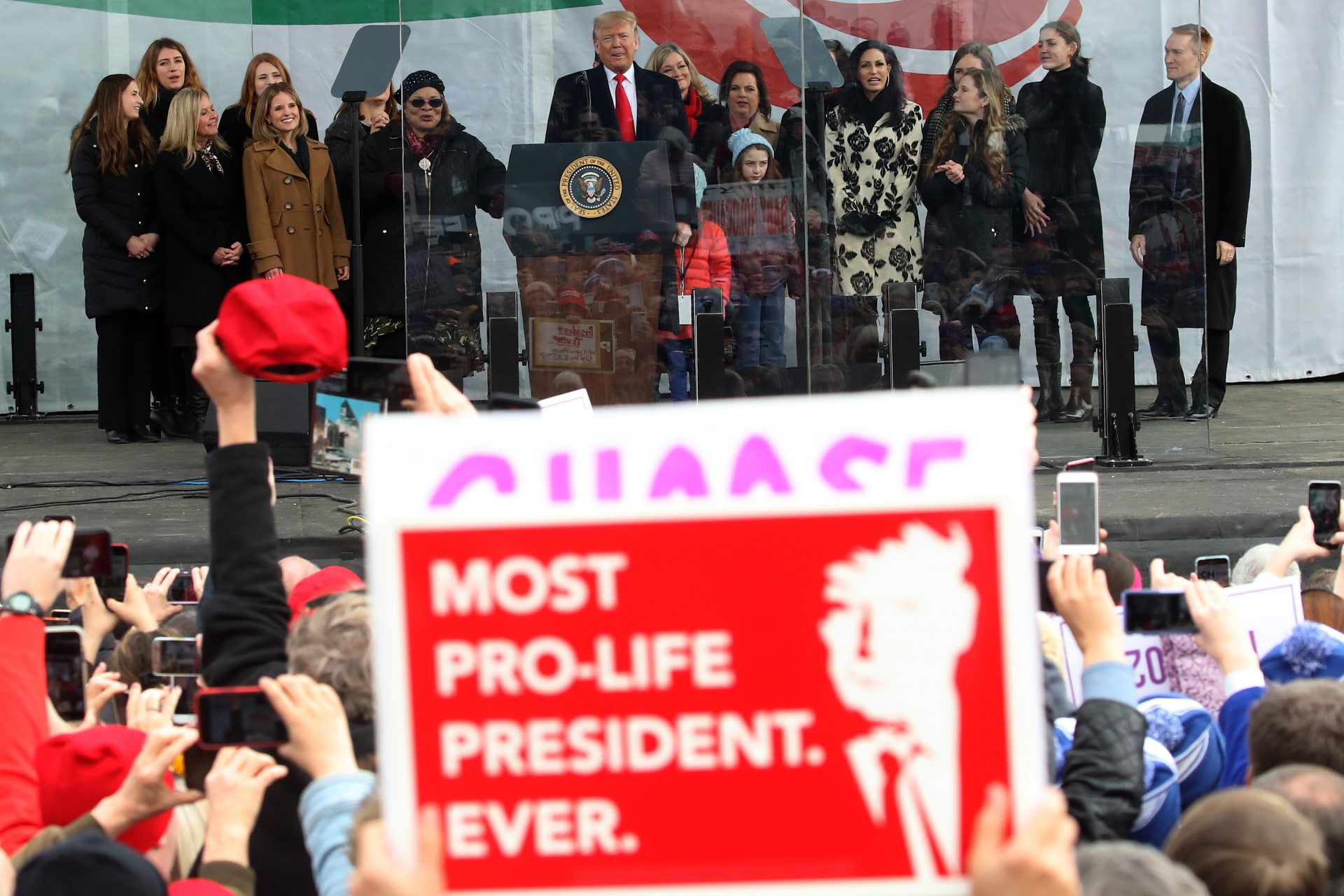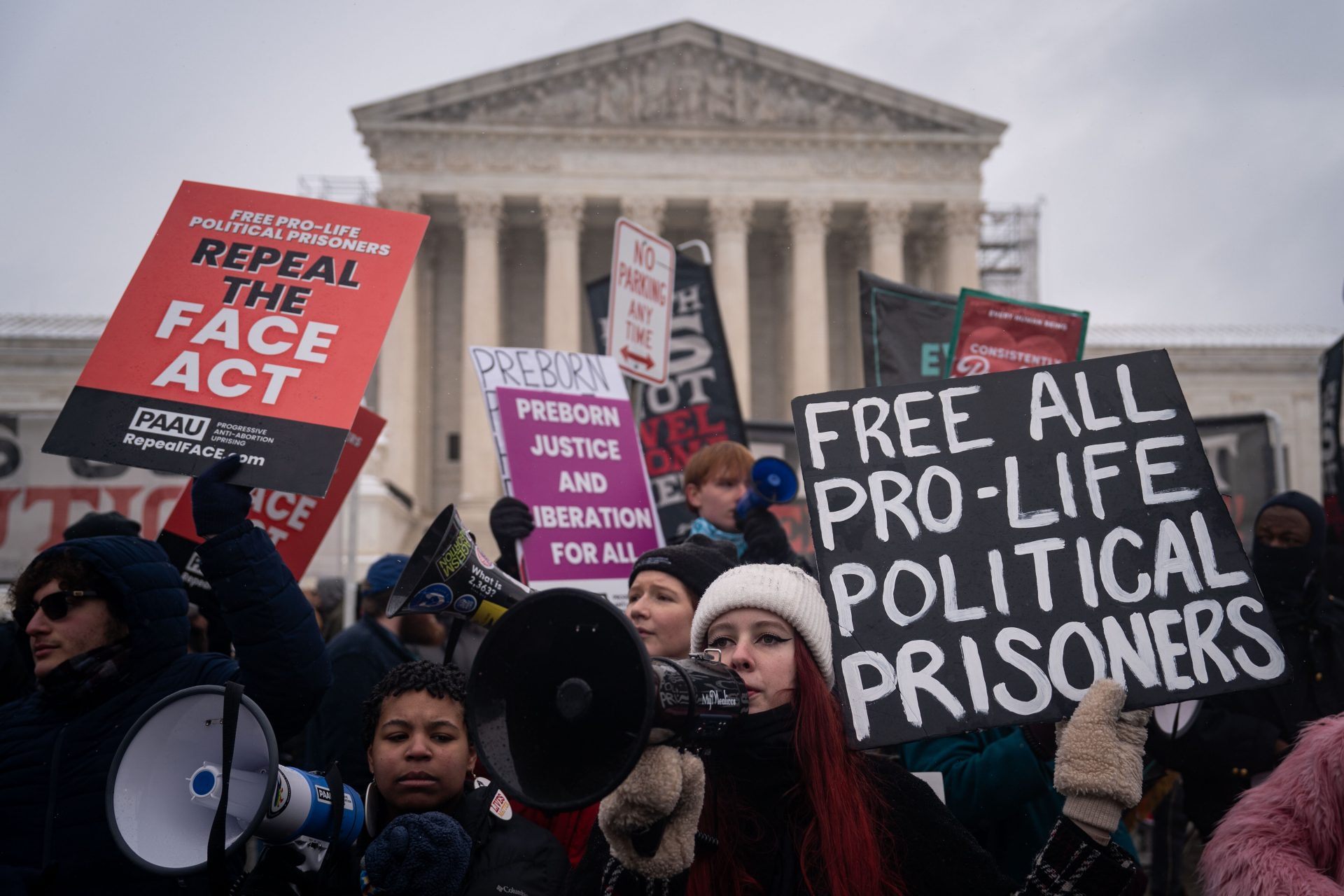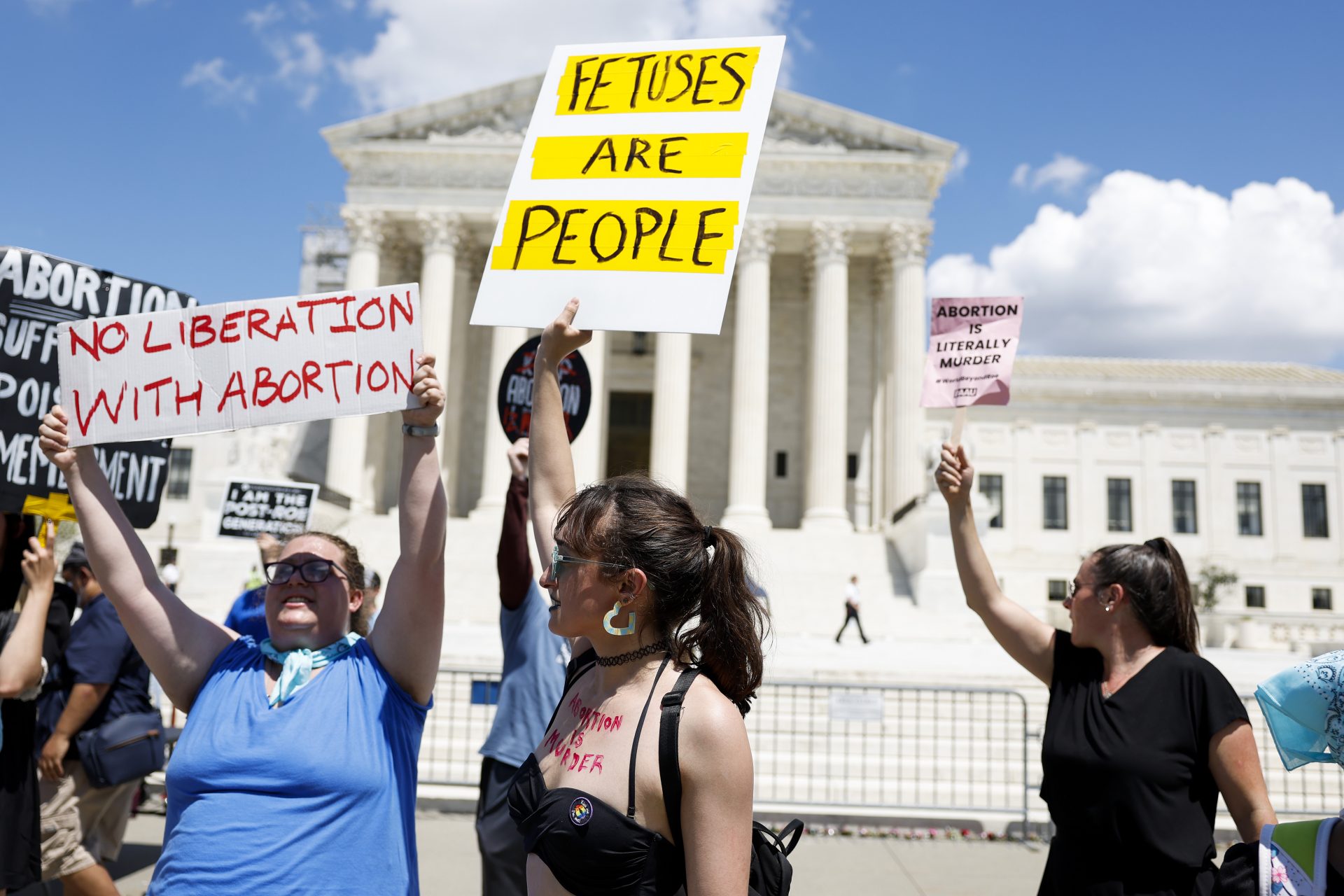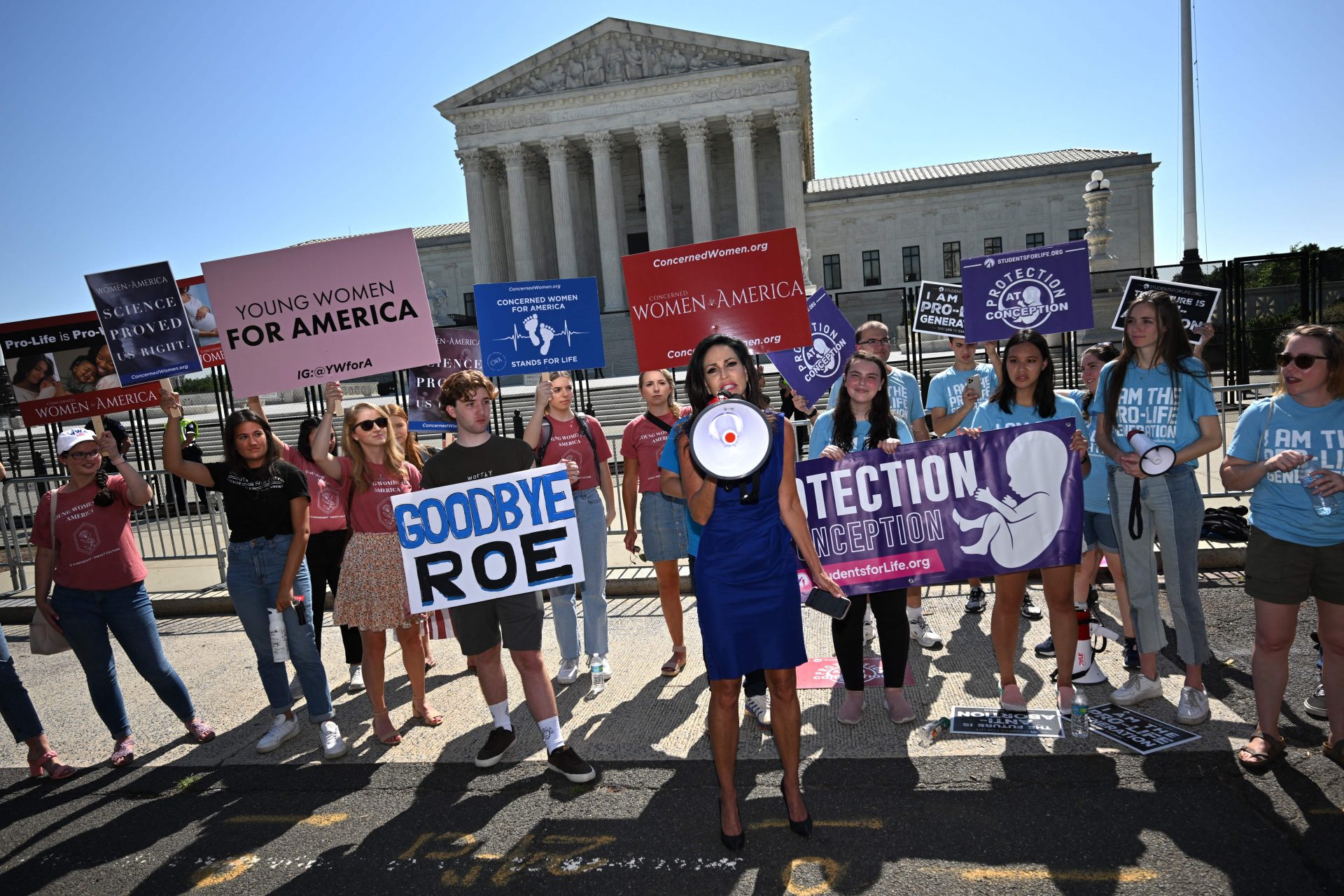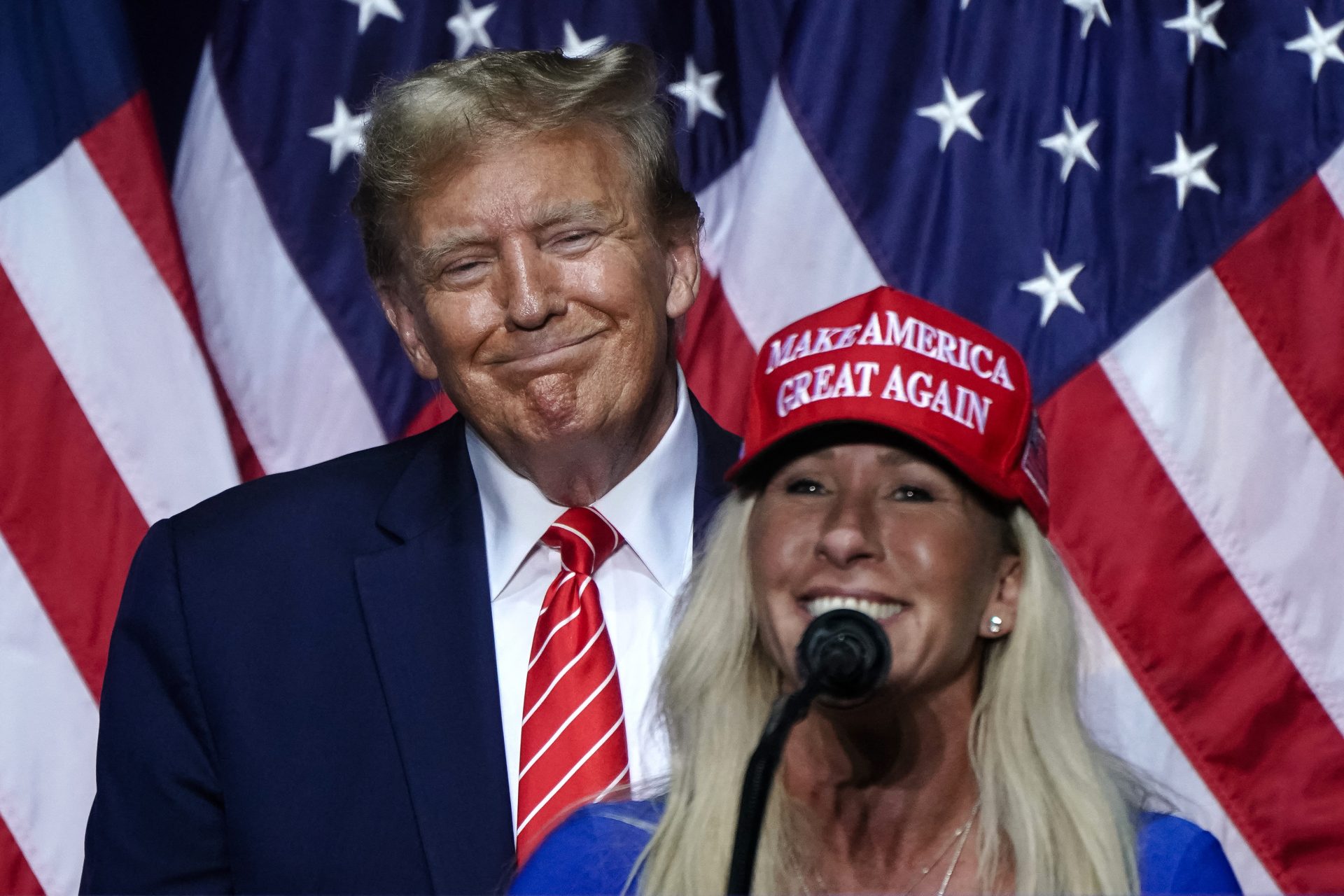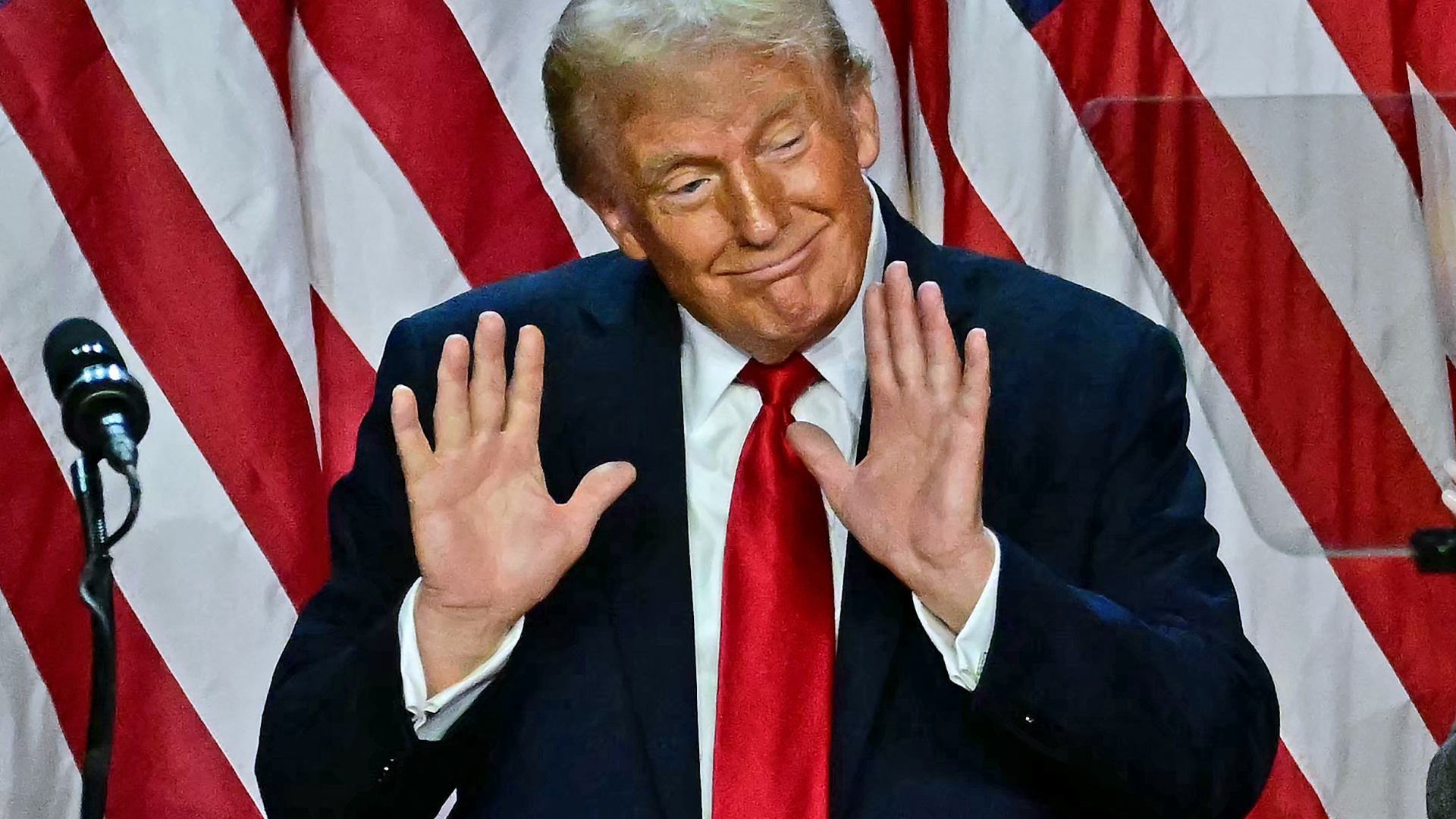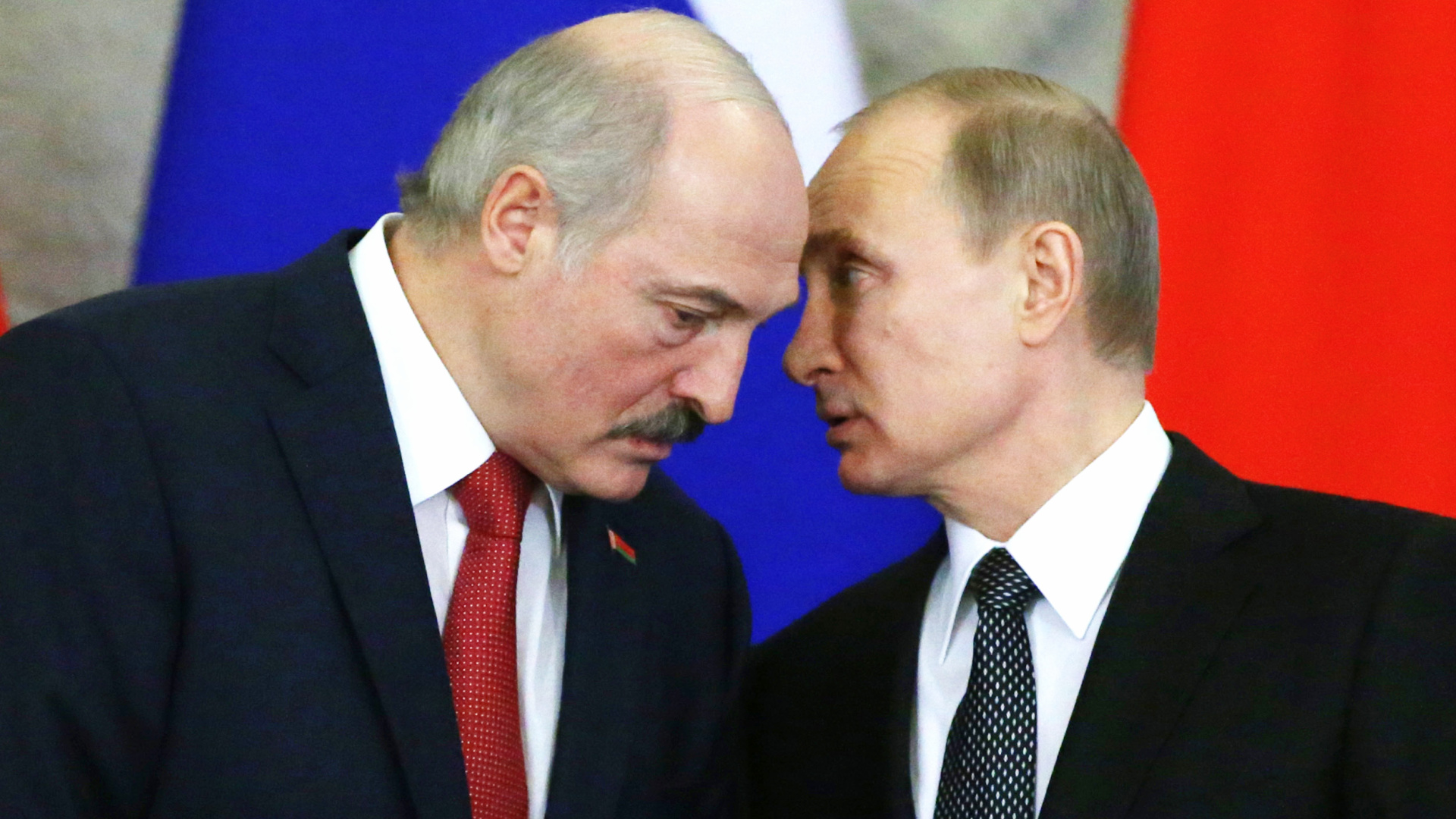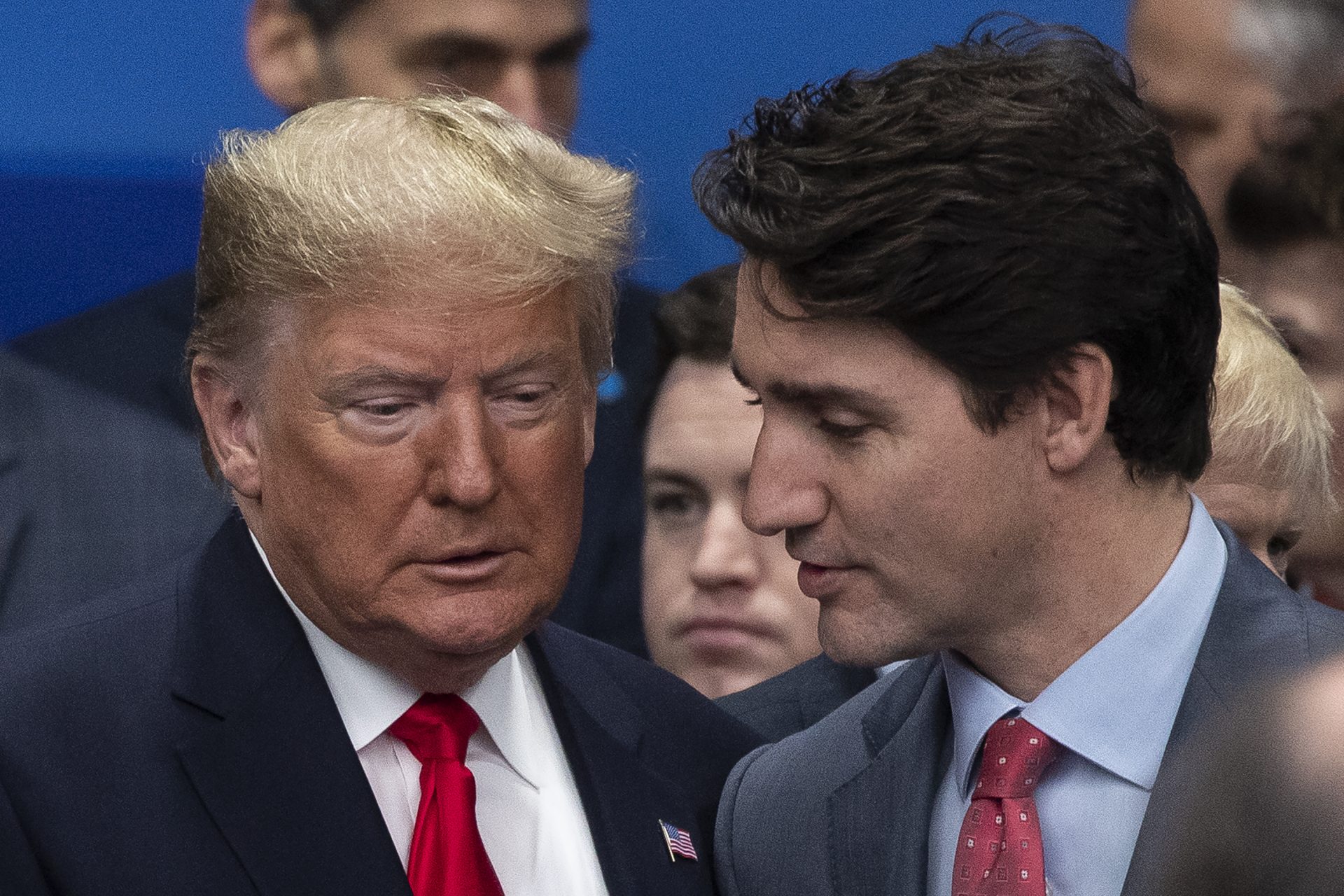Embryos are becoming an issue for the Trump campaign
A few weeks into June, at his first visit to the Capitol since he left the White House, Donald Trump asked Republican House members to speak “correctly” about abortion.
According to Axios, the candidate asked lawmakers to tone down and support exceptions to restrictions, arguing that the issue is “too important to ignore.”
He was not wrong. Since the Supreme Court overturned Roe V. Wade, several analysts have concluded that the subsequent restrictions on reproductive rights could hurt the Republican presidential bid.
Therefore, Trump started distancing himself from the anti-abortion movement, Axios argues, to support only the notion that it should be legislated at the state level.
The shift in discourse became especially important after an Alabama Supreme Court ruling that qualified embryos as people endangered all IVF procedures in the state.
The ruling used the same arguments many Republicans used to oppose abortion. Still, GOP lawmakers rushed to create bills to protect the industry and defend their support for assisted reproduction.
However, the arguments of the ruling, which put into light how embryos are destroyed after an IVF treatment, also resonated with part of the anti-abortion movement.
A few months later, the Southern Baptist Convention, America’s largest Protestant denomination, issued a resolution condemning IVF treatment during their annual meeting.
According to The New York Times, the resolution condemned all technology that ends in the destruction of “embryonic human beings” and passed with overwhelming support.
In an episode of The Daily, Ruth Graham, the Times’ religion reporter, said that on the same day, Republican lawmakers in Washington presented a bill to protect IVF nationally.
The opposed visions of IVF show a tiny crack on what used to be a perfect alliance between evangelical voters and Donald Trump.
According to Graham, many Southern Baptist congregants and leaders are influential Republican voters and were behind the effort to overturn Roe V. Wade.
So, when it came to abortion, the agreement was unambiguous. But now, the paths diverge when the embryo-equals-child logic applies to other issues.
The Southern Baptist Convention resolution will reach millions of congregants in 45,000 churches. However, some leaders also intend to nudge mainstream Republicans.
According to Graham, in time, some influential Republican Southern Baptist voices could lobby the issue outside the congregation’s doors.
"Evangelicals are a hugely influential voting block. They're used to having the power to turn their theological beliefs into policy," Graham said in The Daily.
More for you
Top Stories



